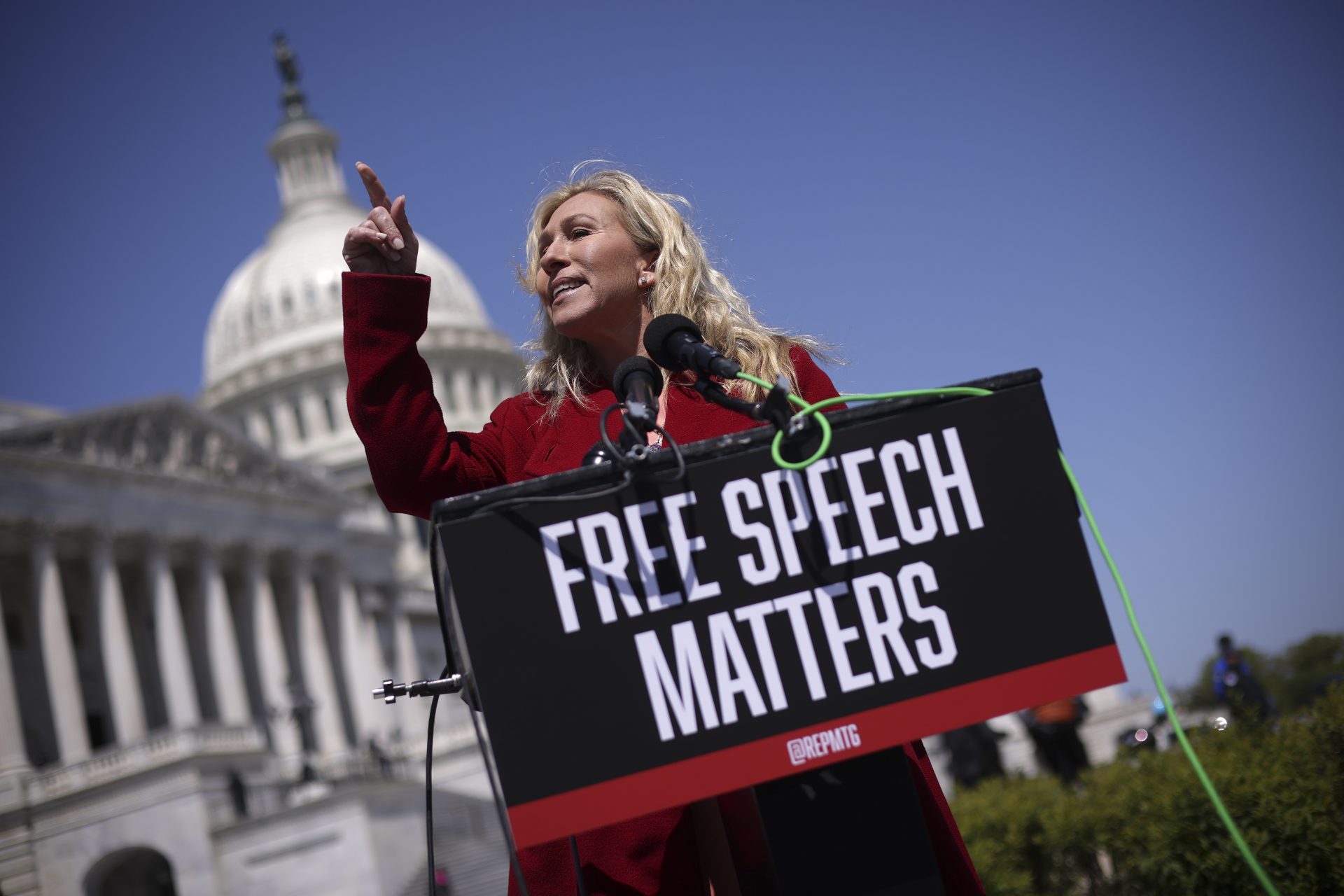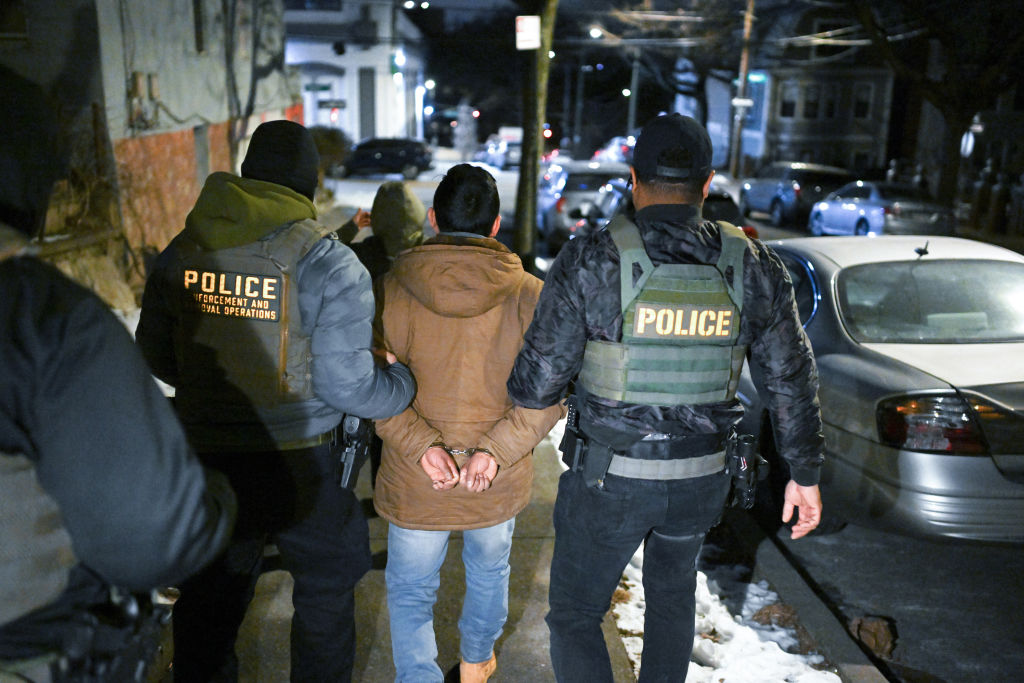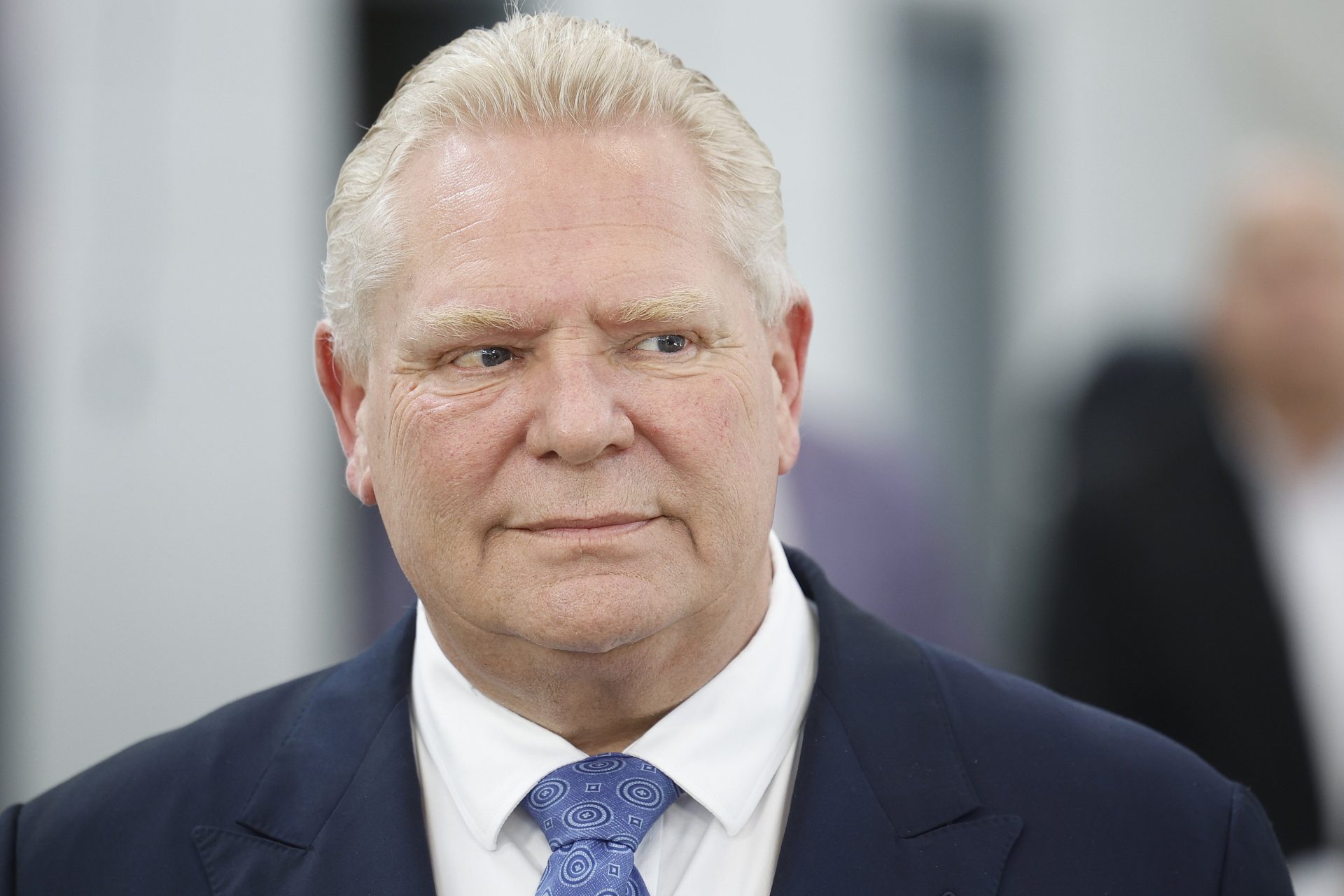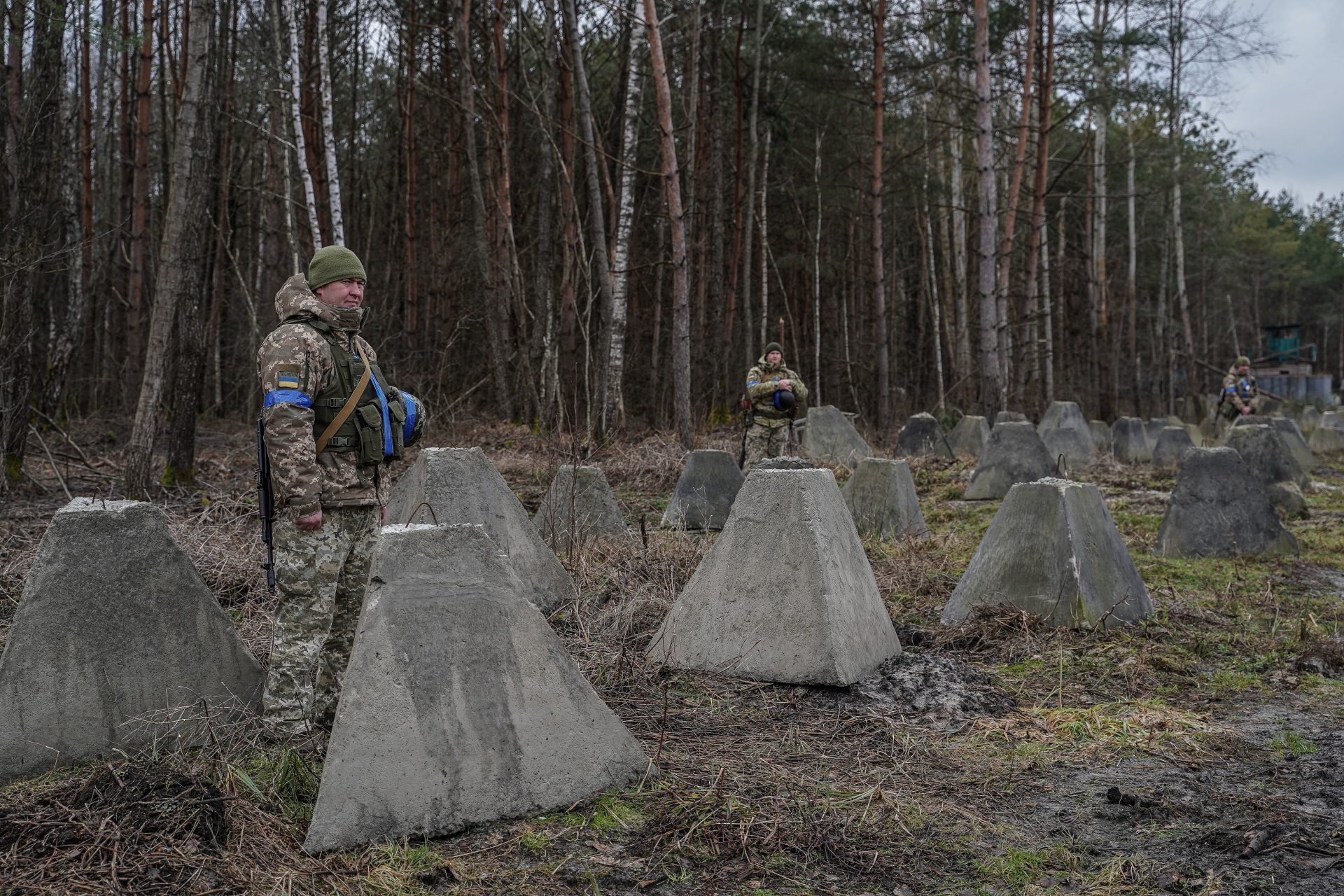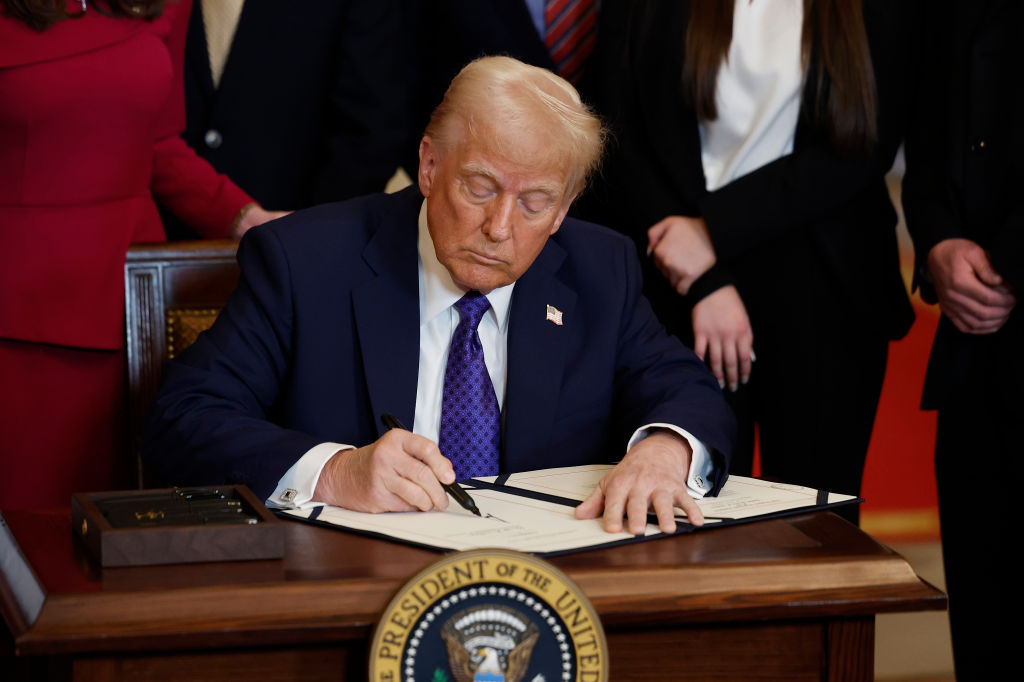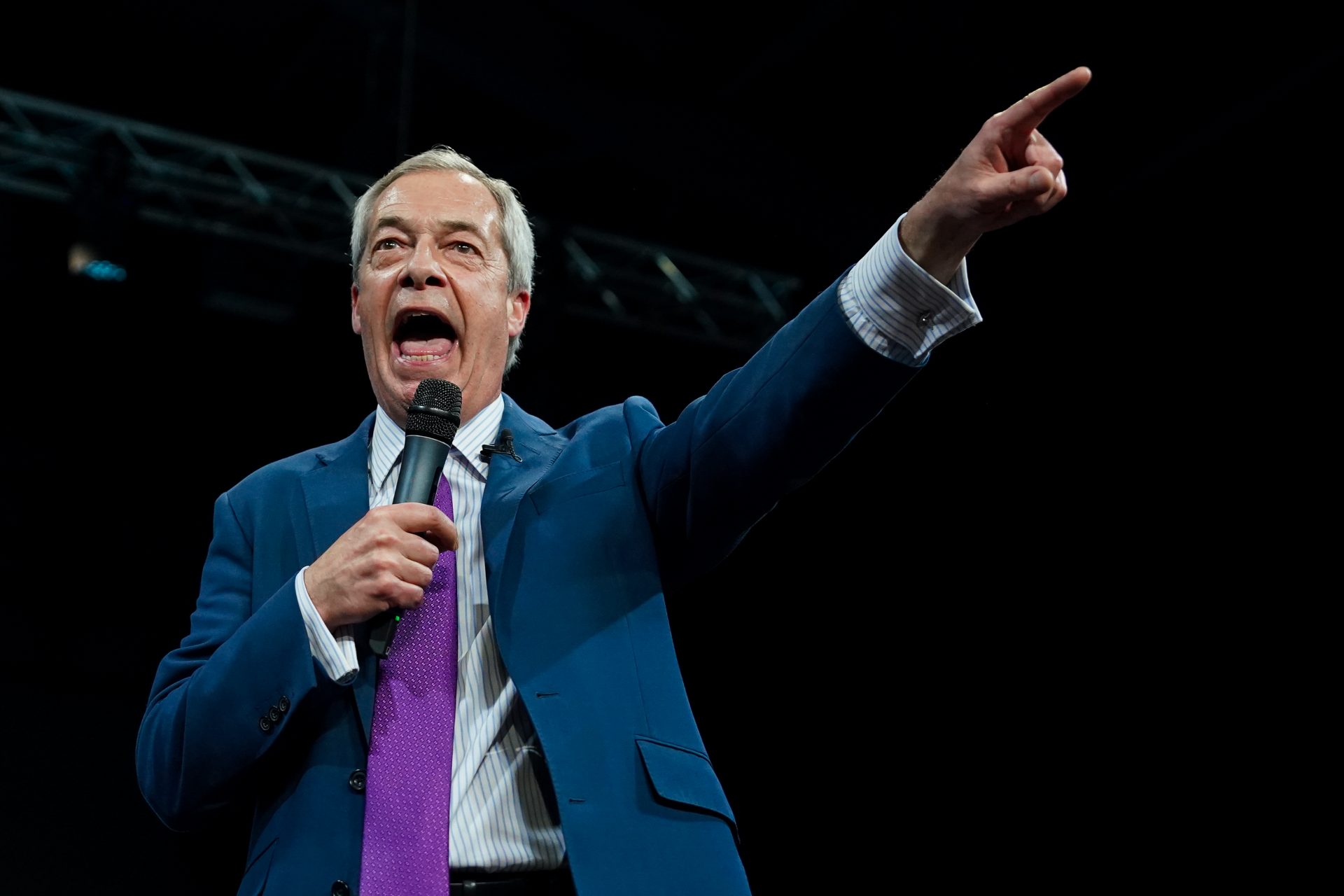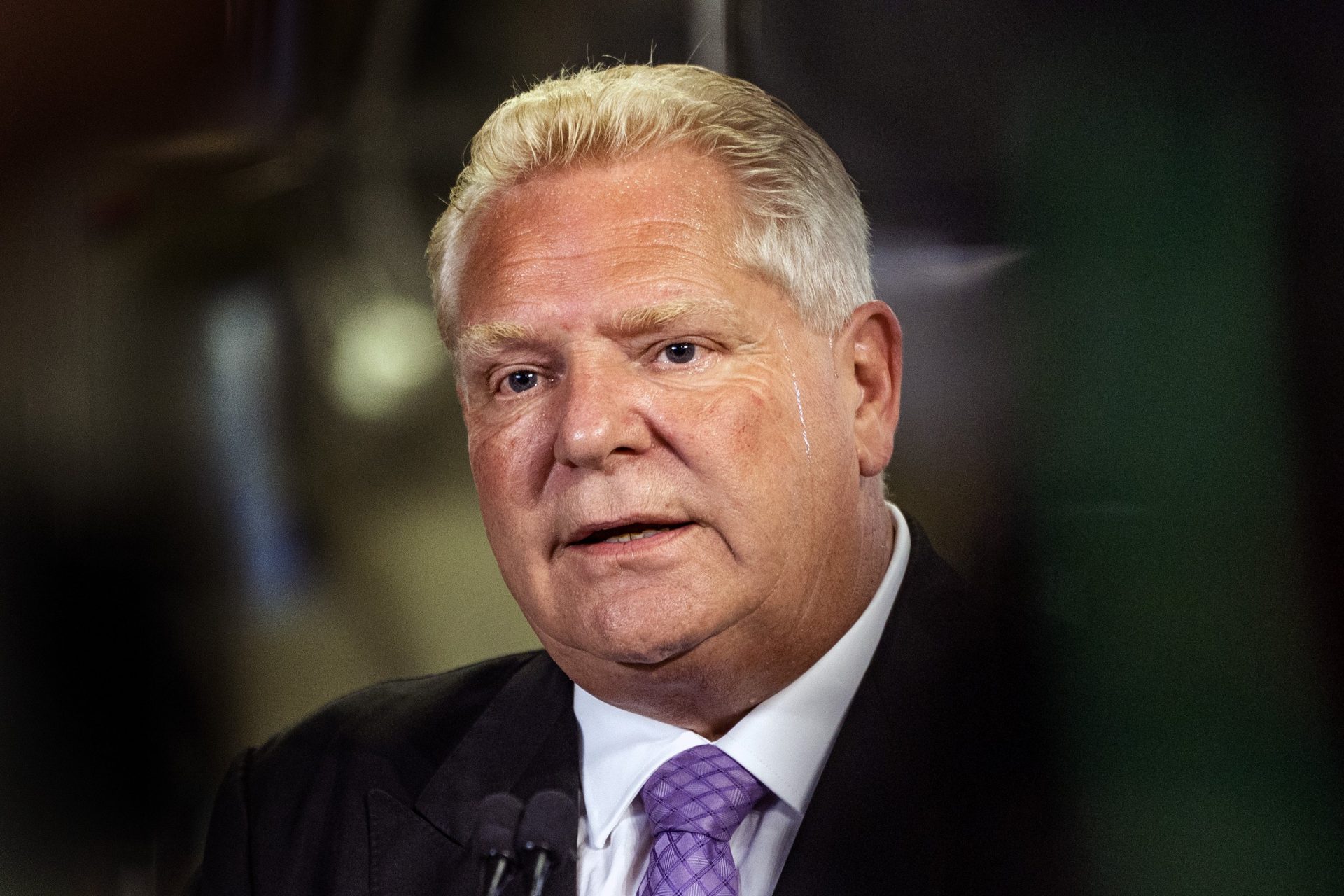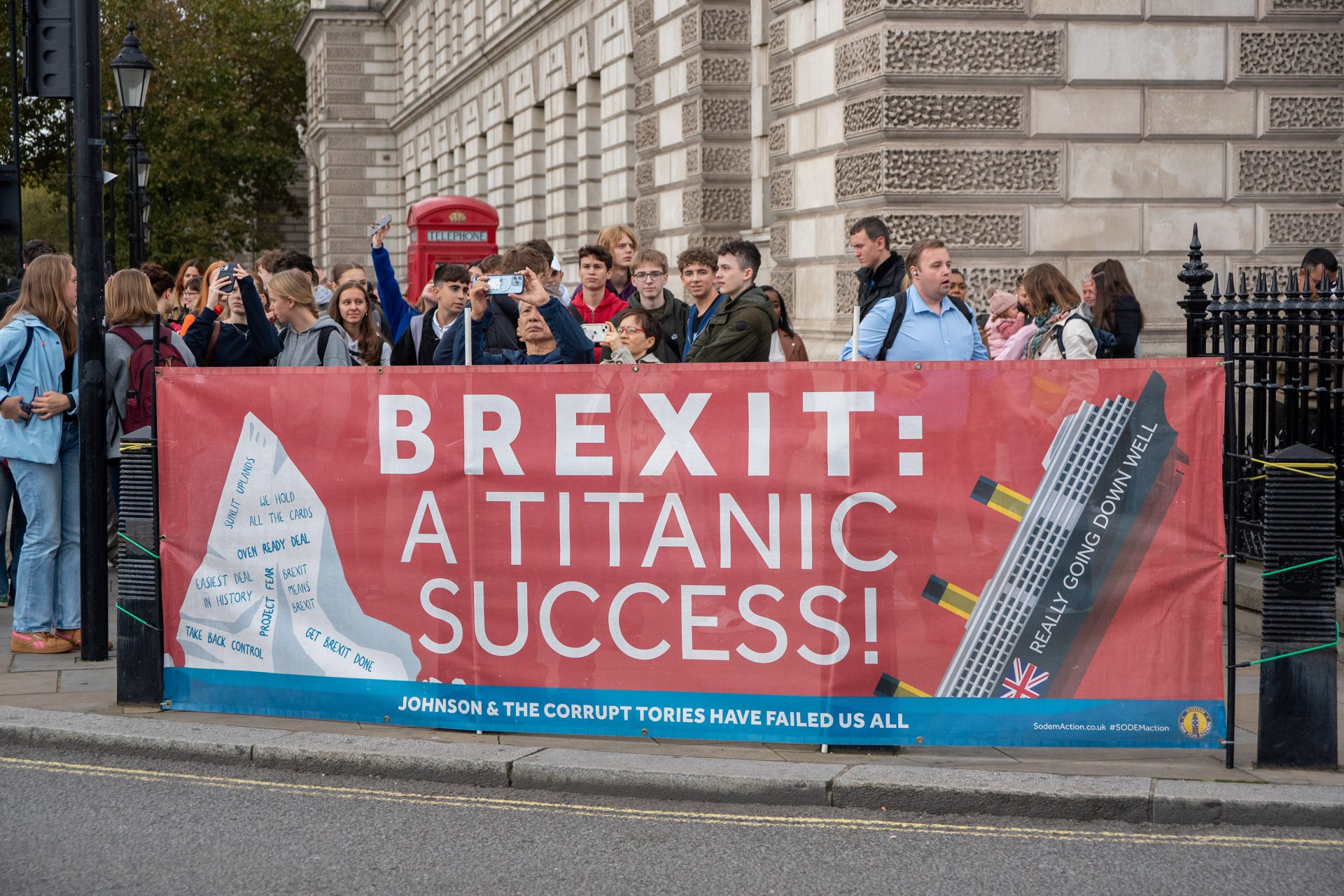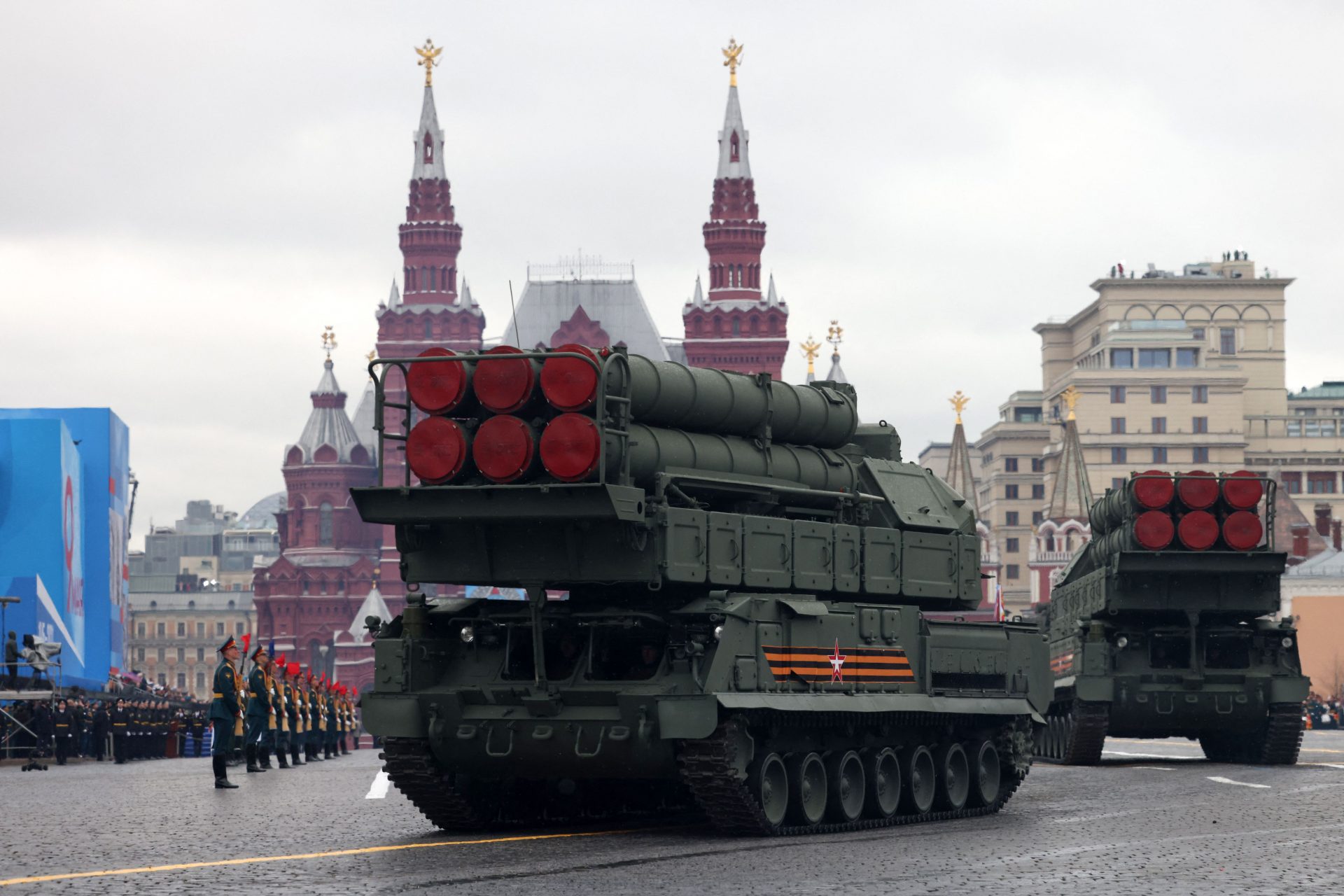The most unusual Nobel Prize winners in history
This is the most unusual Nobel Prize. In 1973, the American Secretary of State Henry Kissinger received the Nobel Peace Prize, together with the North Vietnamese leader Le Duc Tho. It was in recognition of the signing of the Paris Agreements, which ended the Vietnam War.
However, it was an incomprehensible choice, knowing that Kissinger was accused of having provoked the escalation of the conflict. Le Duc Tho, for his part, refused the award, explaining that peace had, in fact, not been reached.
In November 1911, Marie Curie received the Nobel Prize in chemistry right in the middle of a very public scandal. It was Curie's second Nobel, and she had already won the Nobel in physics in 1903 with her husband, Pierre.
Following her husband's death, Marie entered into an affair with her husband's former student Paul Langevin, a married man. When the press got wind, they tore Marie Curie apart, calling her a homewrecker and making racist comments due to her Polish-Jewish origins. The Swedish academy urged her not to come to the official ceremony. But in December, Marie Curie made the trip and received her prize in person.
In November 1945, the Nobel Prize in chemistry was awarded to the German Otto Hahn for discovering nuclear fission. However, three months earlier, the bombings of Hiroshima and Nagasaki had occurred…
However, Hahn made this discovery in 1938, and he never worked on its military application or intended it to be used in that manner. Hahn said, “I am a scientist, and like all scientists am interested only in discovery and not application.”
In 2009, when Barack Obama had occupied the White House for less than a year, he was awarded the Nobel Peace Prize. This award was “for his extraordinary efforts to strengthen international diplomacy and cooperation between peoples”…
But it was a rather controversial decision since, at that time, he was the President of a country engaged in two armed conflicts in Iraq and Afghanistan.
In 2016, the Stockholm jury surprised the public by awarding the Nobel Prize for Literature to Bob Dylan. And what caused even more controversy was the artist's silence, and subsequently, his absence during the official ceremony.
Many people spoke poorly of Dylan, and some said that anger was brewing behind the scenes at the Swedish institution. Finally, in April 2017, during a more intimate ceremony, Bob Dylan received his medal and the 839,000 euros reward.
The Nobel Peace Prize in 1991 was awarded to Aung San Suu Kyi, while she was under house arrest. And it would take 21 years for her to receive her reward.
Against all odds, when she became de facto head of the Burmese government in 2018, an explosive UN report accused the Burmese army of genocide against the Muslim minority of the Rohingya.
Many then demanded that the Nobel be withdrawn from Aung San Suu Kyi, but according to the Swedish institution, “the statutes of the Nobel Peace Prize would not allow it.”
In 1994, the Nobel Peace Prize was jointly received by the Israelis Shimon Peres and Yitzhak Rabin and the Palestinian Yasser Arafat for their role in signing the Oslo Accords.
The choice of the Palestinian leader caused the most controversy since, at the time, he was accused of financing terrorism and of having armed his people with international aid money. To show his dissatisfaction, a member of the Swedish academy decided to resign.
In 1906, the President of the United States was surprised to receive the Nobel Peace Prize for “his assistance in the peace negotiations in the Russo-Japanese war.”
The controversy is due to the fact that we know that Theodore Roosevelt is the author of the famous “Big Stick” doctrine: "speak softly and carry a big stick; you will go far." Roosevelt became famous for this tough foreign policy that advocates diplomatic negotiations firmly supported by military force - a far cry from peaceful negotiation tactics one might expect of a Nobel Peace Prize winner.
In 1953, Winston Churchill was awarded the Nobel Prize for Literature “for his mastery of historical and biographical description as well as for brilliant oratory in defending exalted human values”…
One hypothesis claims that in reality, Churchill was awarded the prize for literature because it was impossible to grant him a peace prize.
The French writer Jean-Paul Sartre refused the Nobel Prize for Literature in 1964 because, according to him, “no man deserves to be consecrated during his lifetime.”
This refusal remains famous because it so well illustrates the state of mind of this intellectual who wanted to be independent of the political powers and who also refused other rewards. Jean-Paul Sartre, however, regretted the scandal caused by his decision.
More for you
Top Stories























